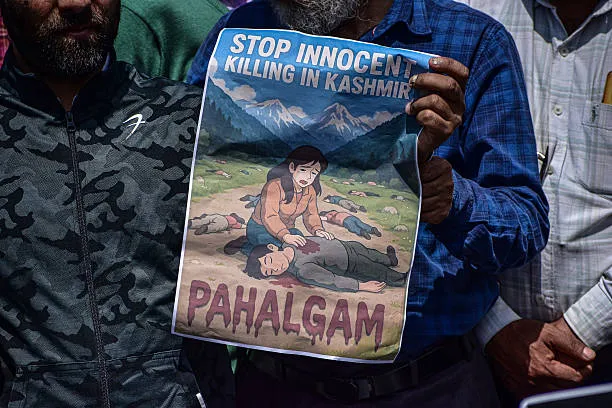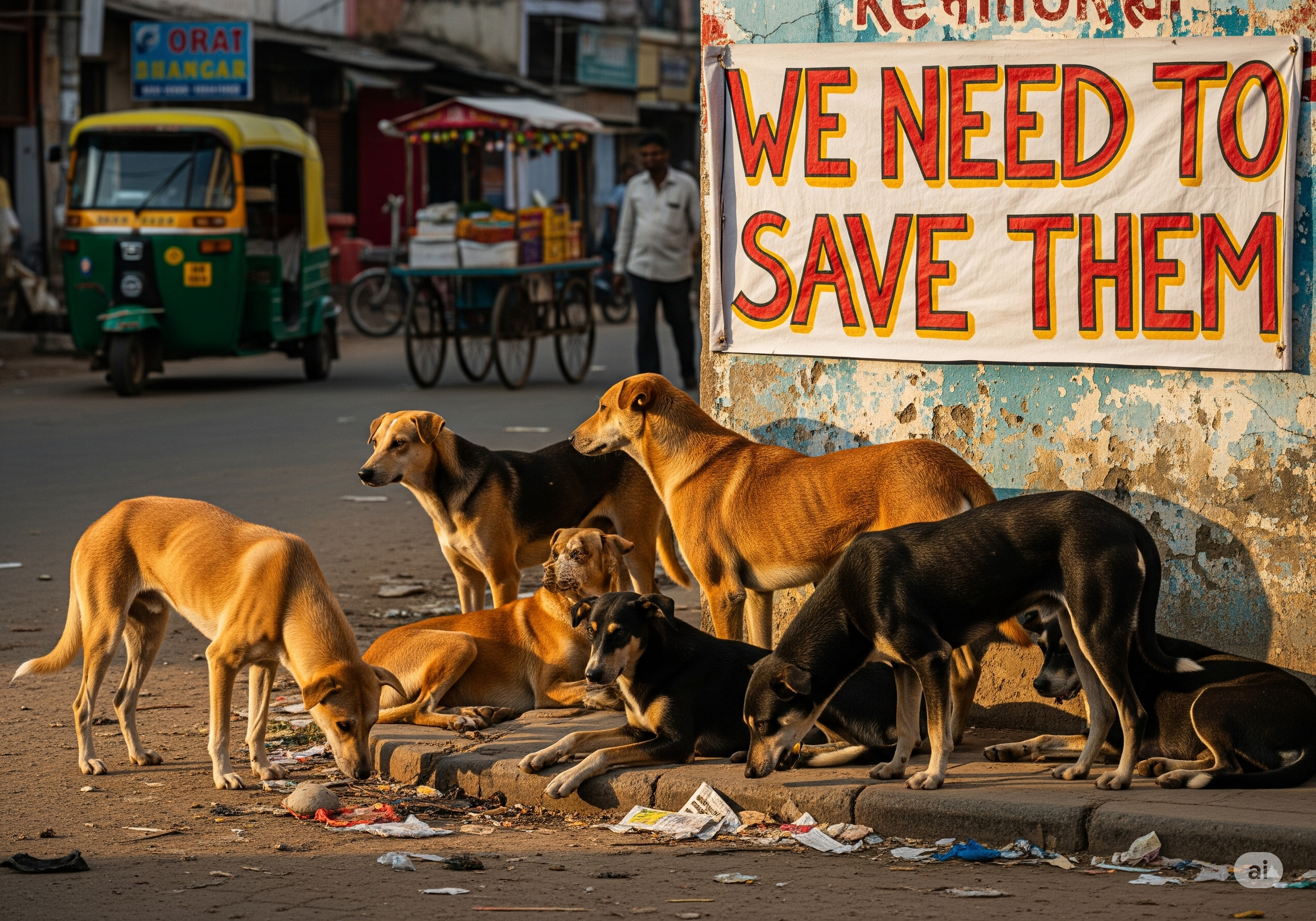Will War Happen After IPL 2025? The Pahalgam Attack, Modi’s Response & Rising Tensions with Pakistan
The current geopolitical climate surrounding India has been under intense scrutiny following a series of incidents, most notably the terrorist attack in Pahalgam on April 22, 2025. As tensions simmer along the borders and pressure mounts internally, many citizens are asking a serious question: Is India on the brink of war?

While war does not appear imminent at this moment, the situation remains fluid and unpredictable. A deeper analysis of recent events and strategic timings — including the ongoing Indian Premier League (IPL) T20 season — may shed light on why the outbreak of war, if at all, might be delayed but not dismissed entirely.
The Pahalgam Terrorist Attack and Its Political Reverberations
On April 22, 2025, the serene town of Pahalgam in Jammu and Kashmir was jolted by a gruesome terrorist attack. Initial reports confirmed that the assailants were well-armed and orchestrated their operation with a clear motive — to challenge the authority and security framework of the Indian state. Their message, explicitly or implicitly, was a direct provocation to Prime Minister Narendra Modi and his administration.
Security agencies believe this was not an isolated act of violence but a symbolic strike intended to disrupt national stability and provoke a response. Such attacks often serve as strategic provocations, drawing nations into prolonged confrontations or full-scale wars.
The Modi government has historically maintained a hardline stance against terrorism. Following the Pulwama attack in 2019, India launched airstrikes in Balakot, Pakistan — a precedent that indicates strong retaliatory intent. Therefore, the April 22 incident may not go unanswered. However, the timing of any counteraction is likely to be calculated and precise.
The IPL Factor: Why War May Be Postponed
One of the most compelling reasons to believe that an immediate outbreak of war is unlikely lies in the ongoing Indian Premier League (IPL) T20 season. The IPL is not simply a domestic cricket tournament; it has evolved into a significant global sports phenomenon. This league attracts substantial financial investment, amounting to billions of rupees, thanks to lucrative broadcasting rights, sponsorship deals, and ticket sales.
Moreover, the tournament features international players from various countries, enhancing its appeal and creating a diverse competitive environment. With stars from cricketing powerhouses participating, the IPL garners massive media coverage, capturing the attention of fans worldwide. Such a massive platform not only promotes sportsmanship and unity but also serves as a reminder of the economic interdependencies and cultural exchanges facilitated by the tournament. The stakes involved in the IPL — both financially and in terms of international goodwill — create a compelling incentive for stakeholders to prioritize peace and stability, making the prospect of war less likely in the immediate future.
IPL as a Diplomatic Soft Power
- Global Attention: The IPL brings players from across the globe to India. Currently, athletes from Australia, England, South Africa, New Zealand, and the Caribbean are present in the country, along with their respective coaching and support staff.
- Commercial Impact: A conflict or war-like situation would almost certainly lead to the cancellation or disruption of matches, costing broadcasters, sponsors, and the BCCI enormous revenue losses. The IPL is estimated to generate over ₹50,000 crore in direct and indirect economic activity.
- Tourism and Hospitality: IPL seasons bolster India’s domestic travel, hotel, and food sectors — all of which are key economic engines. War would cripple these sectors temporarily and damage investor sentiment.
Thus, any aggressive military decision is likely to be timed so as not to interfere with the smooth execution of this mega sporting event. National security may be paramount, but so is national morale and economic stability — both of which are bolstered by the successful hosting of IPL.
The Strategic Pause: Waiting for the Right Moment
India’s military doctrine has evolved over the years from a purely reactive approach to one of strategic deterrence and pre-emptive precision. It is entirely possible that the government, while formulating a stern response to the Pahalgam attack, is waiting for the IPL to conclude to minimize collateral damage — both diplomatically and economically.
This window provides an opportunity for:
- Diplomatic Backchanneling: Engaging with international allies and stakeholders to build a strong case for any retaliatory action.
- Strategic Mobilization: Quietly positioning military resources, surveillance assets, and cybersecurity measures to ensure readiness.
- Intelligence Gathering: Utilizing the interim period to gather actionable intelligence and pinpoint terrorist operatives and their sponsors.
Consequences of a Post-IPL Conflict
Should India decide to take strong action after the IPL concludes, it will not be without consequences. Potential outcomes include:
- Border Escalations: Especially in Kashmir and the Line of Control (LoC), which might see increased military activity.
- International Response: India’s allies, especially the United States and France, may issue public statements urging restraint while condemning terrorism.
- Disruptions to Trade and Economy: Stock markets may react negatively, and border trade with neighboring countries could halt.
- Increased Security Protocols: Airports, railways, and public gatherings may be placed under high-alert scenarios.
PM Modi’s Calculated Leadership
Prime Minister Modi is known for his firm responses to security challenges. However, he is equally strategic in maintaining India’s global image and internal stability. A war is never taken lightly. It’s not just a military engagement but a multifaceted decision involving diplomacy, economics, and national sentiment.
In past speeches, Modi has emphasized “zero tolerance” toward terrorism while simultaneously advocating for peace and regional cooperation. Therefore, any retaliation, if and when it happens, will likely be surgical, well-planned, and diplomatically backed.
Public Sentiment: Between Patriotism and Pragmatism
The Indian public has reacted strongly to the Pahalgam incident. Social media is abuzz with calls for justice, and nationalistic fervor is on the rise. However, there is also a growing understanding among the populace about the implications of war in the modern era.
Today’s wars are not just fought on battlefields but also in cyber domains, media narratives, and international courts. Citizens expect action, but they also hope for intelligent, calculated decisions that protect the nation without plunging it into long-term conflict.
War between India and Pakistan Might Not Be Now — But Preparedness Is Ongoing
While a full-scale war is not expected during the IPL season, the probability of a measured and targeted response by the Indian government post-May remains high. The Modi administration has demonstrated time and again that national security will not be compromised, but timing is everything in geopolitics.
As the world watches, India is carefully treading the line between restraint and readiness. The Pahalgam attack was a grave provocation — and a response, whether overt or covert, seems inevitable. For now, the nation holds its breath, enjoying the thrills of the IPL, even as the drums of retaliation begin to beat softly in the distance.
Follow BuzzTimes for more updates on the war between Ind and Pak.










1 thought on “Will War Happen After IPL 2025? The Pahalgam Attack, Modi’s Response & Rising Tensions with Pakistan”